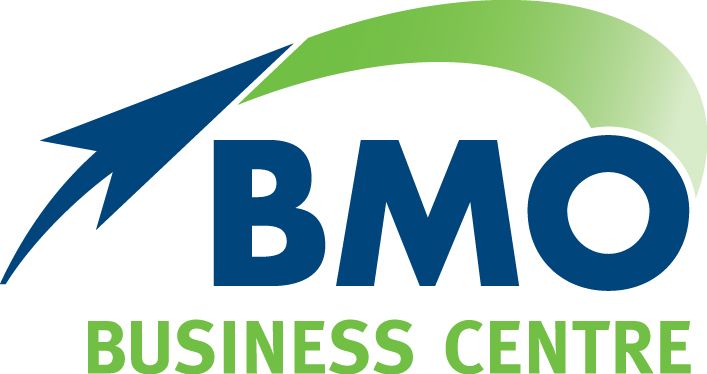ATO red flags for property investors
Aussie investors have long had a passion for property investment, but it’s also become a key focus for the ATO when it comes to spotting errors in tax returns.
The ATO estimates it’s missing out on around $9 billion in unpaid taxes by property investors and it’s planning a major crackdown over the next three years on rental property income and expenses reporting.
It will be using AI analysis and extensive data-matching from a variety of sources (such as rental bond and agent information), to identify tax returns for audit and further investigations.
What is drawing the ATO’s attention?
If you want to avoid attracting attention, it’s worth knowing the ATO’s red flags when it comes to property investor tax returns. They include:
1. Claiming deductions incorrectly
Only claim expenses when your property is genuinely available for rent and be ready to prove it. The ATO may expect to see evidence of both an active marketing campaign and a competitive rental price.i
Claiming 100 per cent deductions for a property used for private purposes at any time – or only available for certain parts of the year – risks closer attention.
Another risky practice is claiming a deduction for a special body corporate levy. Although body corporate levies are claimable for routine maintenance of common property, special levies for capital expenditure cannot be claimed until the capital works are complete.
2. Failing to declare rental income
The ATO is particularly interested in property investors who misreport their rental income and is identifying discrepancies by cross-referencing bank transactions, property records and property transaction databases.ii
Data is also being collected from short-term rental platforms like Airbnb, real estate agents and rental bond authorities to confirm the accuracy of investors’ income reporting, so full disclosure is essential.
The detailed information the ATO now has access to allows it to identify patterns of non-compliance, and individuals who may be underreporting income, or overclaiming expense deductions.
3. Misclassifying capital improvements
Confusing repairs and maintenance with capital improvements is a common error.iii
Remember that repairs (such as replacing a broken window) are deductible but upgrades like a new kitchen or bathroom are capital works that must be depreciated over time.
4. Cherry-picking expense apportionment
The ATO is increasingly taking a close look at jointly owned rental properties to check that both income and expenses are split according to the legal ownership share.
Claims cannot be skewed towards an owner in the higher tax bracket so if you own 50 per cent of a property, you can only claim 50 per cent of the expenses.
Joint investors also need to be aware of the CGT implications when they sell or dispose of a property. The ATO is using its data matching capabilities to identify unreported CGT events.
5. Incorrectly claiming loan interest
Note that only the interest on the investment portion of your loan is deductible. In other words, claiming a deduction for interest payments on a loan that’s been used in part for personal expenses is not on.
If you redraw funds from your investment loan for personal use (such as a holiday or to purchase a new vehicle) only the interest relating to the investment portion is deductible.
Keep clear and detailed records and apportion your interest expenses accurately, or you are likely to face an audit.
How to survive an ATO audit
One of the simplest ways to avoid problems is to keep the claims you make for your rental property investments straightforward and accurate.
Ensure you keep detailed documentation supporting all your claims, so you can prove they are legitimate and correctly calculated.
The ATO has released an updated version of its Rental Properties Guide to assist taxpayers and make sure their returns are correct.
For more information on how to correctly meet your tax obligations for property investments, call our office today.
i Rental property genuinely available for rent | Australian Taxation Office
ii Rental income you must declare | Australian Taxation Office
iii Repair and maintenance expenses | Australian Taxation Office


